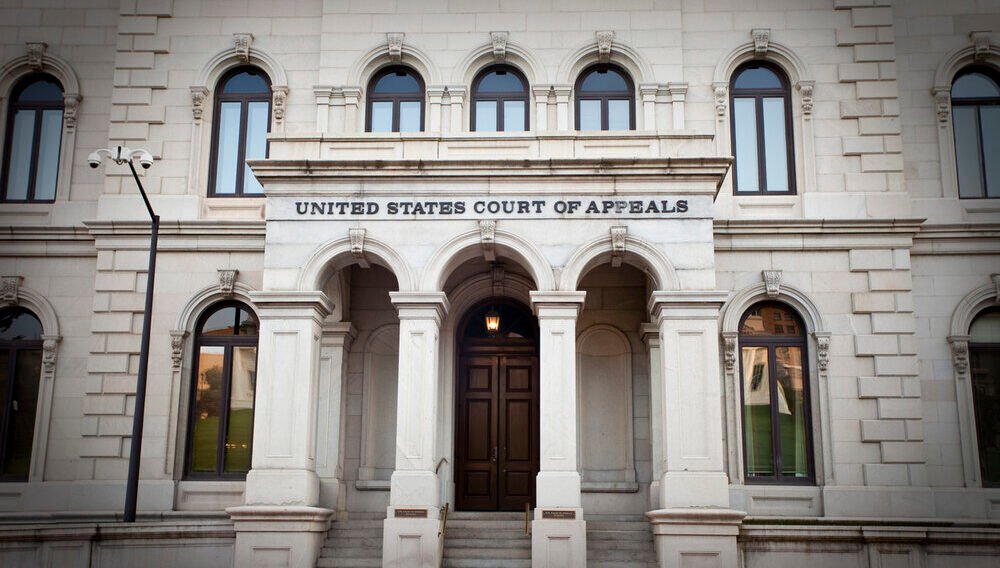Kalshi Challenges State Authority, Citing Exclusive Federal Control Over Derivatives
KalshiEX LLC has filed an opening brief with the United States Court of Appeals for the Fourth Circuit, appealing a Maryland district court’s decision that denied an injunction against state regulators. The core argument by Kalshi is that the Commodity Exchange Act (CEA) grants federal law the authority to completely supersede, or preempt, Maryland’s state gambling statutes when applied to trading on the Kalshi exchange.

Exclusive CFTC Jurisdiction
Kalshi, a Designated Contract Market (DCM) licensed and regulated by the federal Commodity Futures Trading Commission (CFTC), asserts that the CEA provides the CFTC with “exclusive jurisdiction” over trading on its platform. Kalshi cites the plain language of 7 U.S.C. § 2(a)(1)(A).
The firm contends that Congress deliberately amended the CEA in 1974 to “preempt the field” of derivatives regulation. This move was intended to remove concurrent state jurisdiction and establish uniform national oversight.
Kalshi points out that prior court rulings have consistently confirmed the CFTC’s exclusive authority over DCMs, preventing states from applying laws, including those that previously classified futures contracts as “illegal gambling agreements.”
The district court, Kalshi argues, erred by “fashioning an extratextual ‘gambling’ exception” to this clear federal jurisdiction.
Two-Part Preemption Argument
Kalshi’s legal filing argues that Maryland’s gambling laws are invalid under two constitutional principles: Field Preemption and Conflict Preemption.
Field Preemption
Kalshi claims that the CEA establishes a “comprehensive regulatory structure” for DCMs, leaving no room for state-level regulation. Since Kalshi’s event contracts, which the district court tentatively viewed as swaps or futures, are traded on a federally regulated DCM, they fall under the CFTC’s sole authority.
If affirmed, the lower court’s ruling would “decimate the CFTC’s exclusive jurisdiction” and allow states to enforce all gambling laws, which are often broadly defined enough to regulate all future-event contracts.
Conflict Preemption
Compliance with both federal and state law is “outright impossible,” according to Kalshi. Federal law requires DCMs to provide “impartial access” to their platforms nationwide. In direct conflict, Maryland law requires that “all wagers” be “initiated, received, and completed within the State.”
Kalshi argues that enforcing Maryland’s law is an “obstacle” to Congress’s objective of establishing uniform national regulation. By attempting to criminalize behavior that the CFTC has permitted, Maryland substitutes its own public policy judgment for that of the federal regulator.
The company warns that allowing 50 different states to regulate trading on DCMs would subject the platform to a patchwork of contradictory laws, resulting in “total chaos” in the derivatives market.
Potential Market Chaos
Kalshi heavily criticized the district court for ignoring decades of precedent that confirmed the CFTC’s exclusive jurisdiction was meant to end state regulation of derivatives.
The company noted that the district court’s reliance on a “presumption against preemption” was inappropriate given the CEA’s explicit “exclusive jurisdiction” clause.
Kalshi’s brief, filed on October 15, 2025, follows successful preliminary injunctions granted to the platform in district courts in New Jersey and Nevada, which barred those states from enforcing similar gambling statutes against the federally regulated exchange.
Recommended
